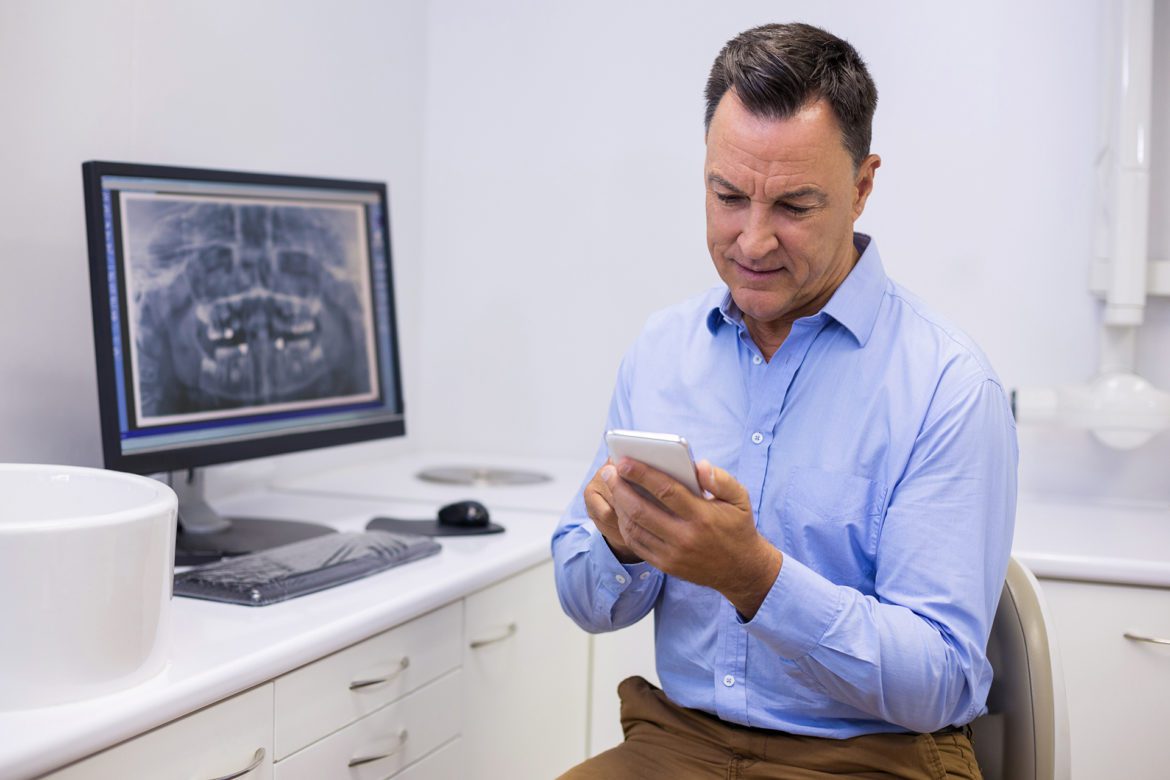Do you think social media benefits the dental profession? Are there any downsides?
Social media, like many things, has both benefits and drawbacks.
Social media has been a trailblazer for education within healthcare and, in general, has allowed creativity to flourish and communities to thrive. I have made great friends within healthcare through social media platforms, who I may never have encountered in a work or social setting.
The emergence of social media allows people to connect instantly, no matter where they may be in the world.
Within dentistry, education is proving to be essential reading. Social media allows content to be readily accessible, for not just dentists and dental care professionals, but also for our students and patients.
In this digital era, being able to access educational content from experts at your fingertips and connect with like-minded individuals is fabulous!
In addition to this, if we think about the topic of peer review, dentists and dental care professionals can share clinical cases (with full consent) with one another. This has allowed others to feel inspired and creates a sense of empowerment and motivation within the dental community.
Morale can be lifted through this virtual professional community, whether on platforms such as Instagram, Twitter, Facebook, Linkedin and newly emerging social media and messaging channels, such as Whatsapp, Tiktok and Clubhouse.
Segregation and disengagement
Another unintended benefit is that it provides a mirror of the talent within the dental profession.
Being a professional and maintaining professional standards is critical. However, we should be challenged to have positive interests outside of healthcare.
Seeing the talent which the dental and healthcare professions holds with regards to fitness, business, artistry, dance, sport, poetry, and music has been incredible and emphasizes the skills which we, as humans, hold.
The cracks in social media, however, begin to appear when it is used as a tool to disempower one another. This inevitably causes segregation and disengagement, resulting in a sense of hostility.
More cracks begin to form when people use social media as a comparison to their own lives. Hence why it is so important to remember that what is seen online is not always a true representation of someone’s life.
Accept society
They key points taken from Royal Society for Public Health (RSPH) ‘Social media and young people’s mental health’ #Statusofmind report highlighted:
- 91% of 16-24-year old’s use the internet for social networking
- Social media has been described as more addictive than cigarettes and alcohol
- Rates of anxiety and depression in young people have risen 70% in the past 25 years
- Social media use is linked with increased rates of anxiety, depression and poor sleep.
These findings don’t exclude our dental students or early careers dentists. We must accept the society we live in now is different from previous generations and has different life pressures.
The report also highlighted other potential damaging aspects of social media was negative body image and cyber bullying. Sadly, everyone is vulnerable to online bullying and harassment.
I, like many others…

